Our partners and collaborators
CELT Global Health works with partners and collaborators globally, from healthcare providers, global health stakeholders and organisations from the pharmaceutical industry to deliver our project portfolio and to disseminate research findings in long-acting therapeutics.
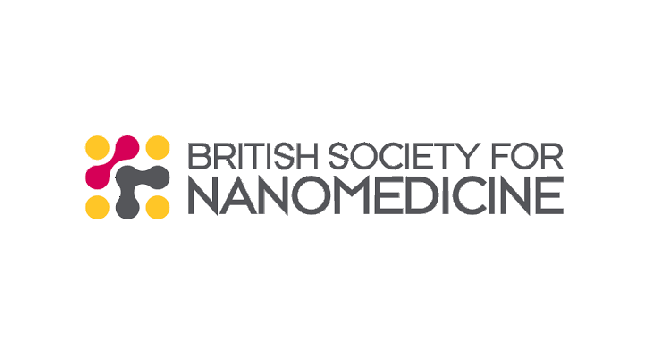
British Society for Nanomedicine (BSNM)
A registered charity with a mission to direct explanation of the ongoing science and commercial developments to allow the public to understand and stay in touch with this exciting area as it impacts future global healthcare. Members can also present their latest advances and showcase their work to industry and other researchers.
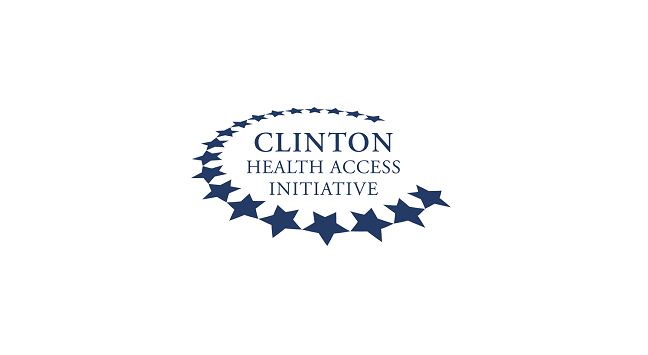
Clinton Health Access Initiative (CHAI)
A global health organisation committed to saving lives and improving health outcomes in low- and middle-income countries by enabling the government and private sector to strengthen and sustain quality health systems. CELT Global Health, CHAI and other LONGEVITY partners work together to advance process chemistries, estimate cost of goods, and define regulatory affairs strategies for the LONGEVITY products. In addition, CELT Global Health and CHAI are partnering on commercialisation and market-shaping strategies for long-acting medicines.
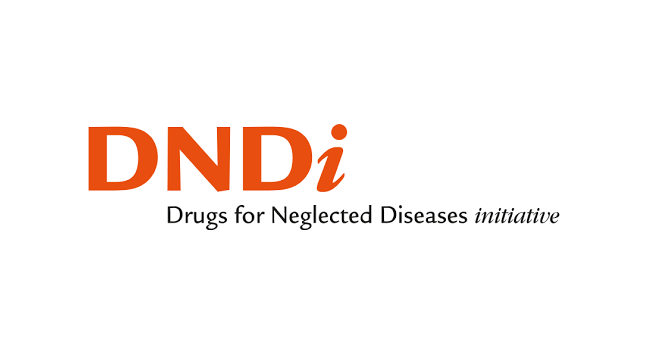
Drugs for Neglected Diseases Initiative (DNDi)
DNDi develop urgently needed treatments for neglected patients and work to ensure they’re affordable, available, and adapted to the communities who need them. CELT Global Health and DNDi work together to accelerate progress and strengthen innovation ecosystems that put patient’s needs first.
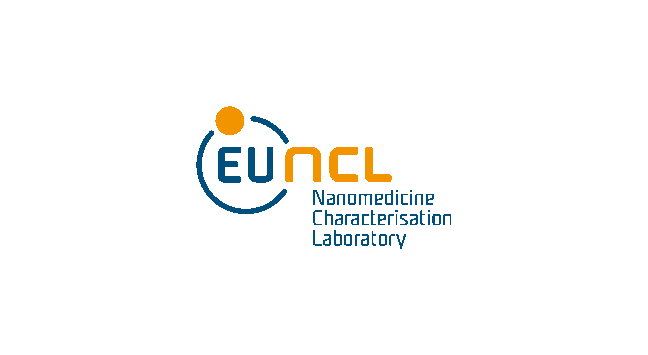
European Nanotechnology Characterisation Laboratory (EUNCL)
EUNCL supports the development of nanomedicines through to clinical studies. CELT Global Health investigators are the only UK partners in the EUNCL infrastructure and lead the assay groups on immunological and haematological characterisation of nanomedicines.

Extentus Pharma Ltd
A University of Liverpool start-up company focused on the development of its proprietary SDN (Solid Drug Nanoparticle) technology platform which has the potential to transform the delivery of active compounds in industries as diverse as pharmaceuticals to agrochemicals.
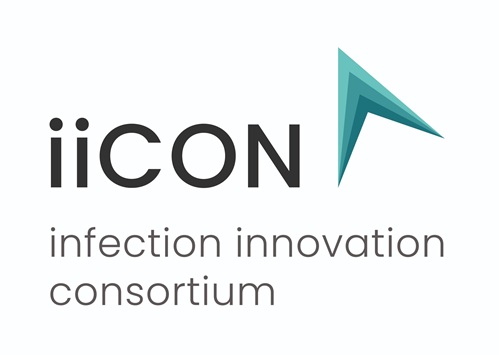
Infection Innovation Consortium (iiCON)
A leading global centre for infectious disease research and development, based within the North West of England. It brings together industry, academia, and the NHS in a collaborative effort with a clear aim: to save lives globally by accelerating the discovery and development of innovative new treatments, diagnostics, and preventative products for infectious diseases.

Johns Hopkins University (JHU)
A private research university in Baltimore, Maryland. The collaboration between JHU School of Medicine and CELT Global Health was established to implement clinical development for malaria and hepatitis C virus for to the LONGEVITY project. JHU investigators bring world-leading expertise to the partnership that spans from medicinal chemistry through to clinical pharmacology.
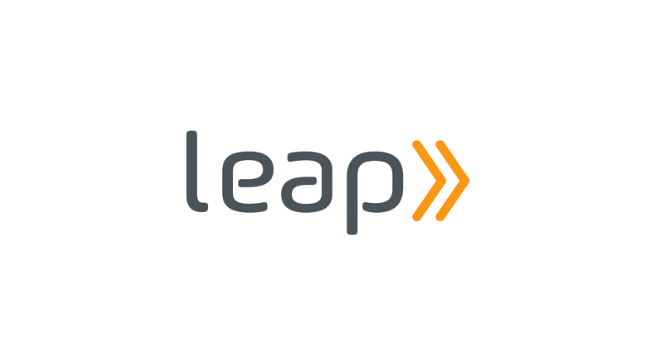
Long-acting/Extended Release Antiretroviral Research Resource Programme (LEAP)
A central communications hub and data repository for investigators developing LA/ER treatment for HIV, tuberculosis, and viral hepatitis. LEAP has been instrumental in moving the long-acting drug delivery field forward as it relates to infectious diseases and the LEAP modelling and simulation core is based within CELT Global Health.
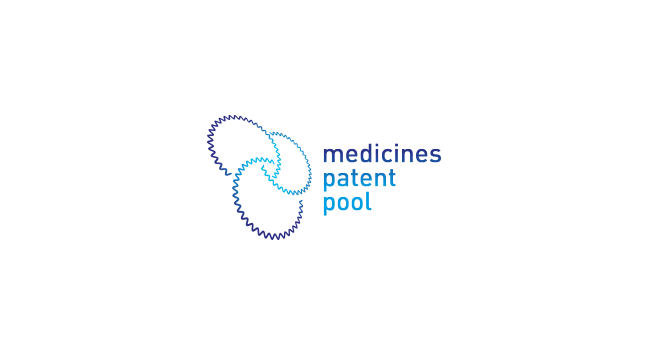
Medicines Patent Pool (MPP)
A UN-backed public health organisation working to increase access to, and facilitate the development of, life-saving medicines for low- and middle-income countries. CELT Global Health investigators were the first academic inventors to licence patents to MPP to reduce barriers to global product availability.

Queen's University Belfast
A member of the Russell Group UK research-intensive universities, providing world-class education underpinned by world-class research. CELT Global Health and Queens University Belfast are collaborating on a research and development project for Microarray Patches (MAPs) that facilitate long-acting drug delivery.
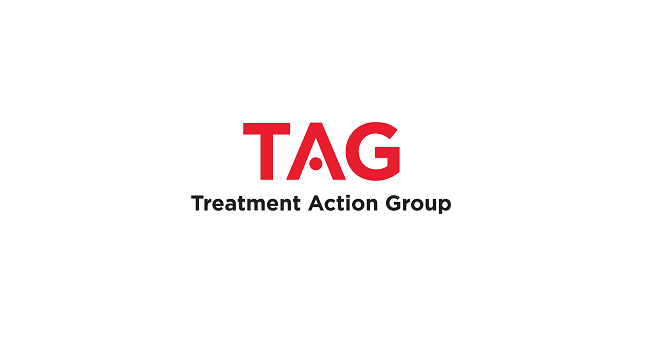
Treatment Action Group (TAG)
An independent, activist and community-based research and policy think tank committed to racial, gender, and LGBTQ+ equity; social justice; and liberation, fighting for better treatment, prevention, a vaccine, and a cure for HIV, tuberculosis, and hepatitis C virus. CELT Global Health works with TAG on the LONGEVITY project to engage and strengthen technical capacity with civil society and community partners on education and advocacy that shapes research strategies and helps pave the way to future deployment of long-acting technologies that meet the needs of affected communities.
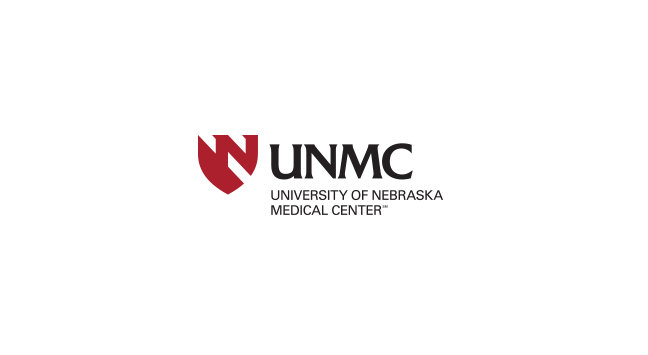
University of Nebraska Medical Centre (UNMC)
A public medical school in Omaha, Nebraska providing premier educational programs, innovative research and extraordinary patient care. CELT Global Health is working with UNMC to survey the interests and attitudes of patients and providers in relevant country contexts for long-acting formulations for the prevention and/or treatment of malaria, tuberculosis and hepatitis C virus.
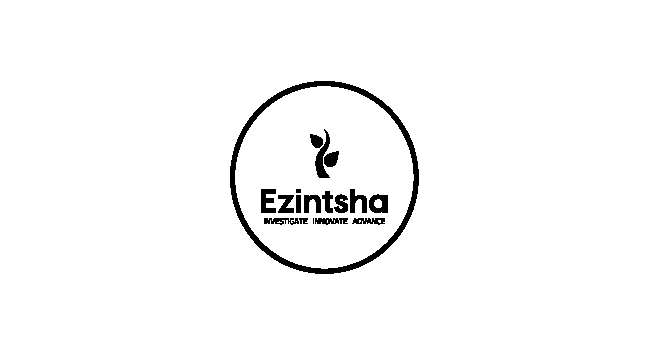
University of Witswatersrand / Ezintsha
Ezintsha works to improve aspects of health care in the public sector, with a particular focus on treatment optimisation, drug access and medical technologies in the areas of HIV and non-communicable diseases (NCDs). Their aim is to find ways to move the needle on global health by informing public health policy and practice in South Africa, the Southern African region, and in other parts of the world. Ezintsha is part of the Faculty of Health Sciences at the University of the Witwatersrand, in Johannesburg, South Africa.